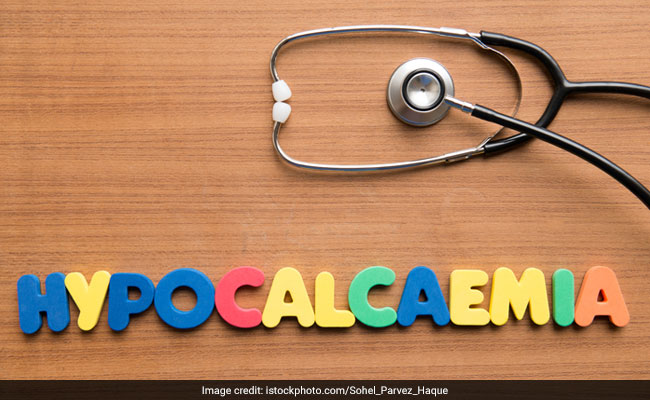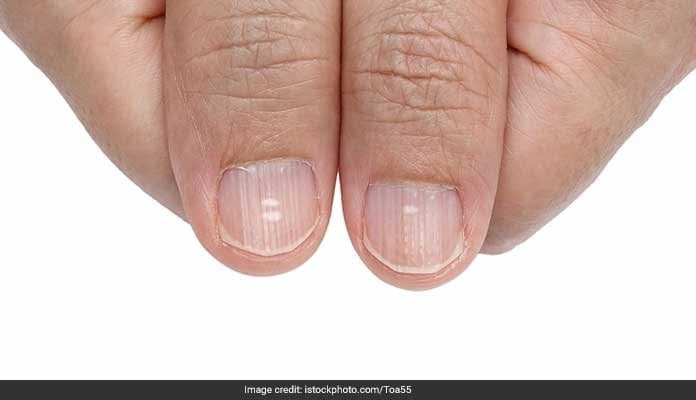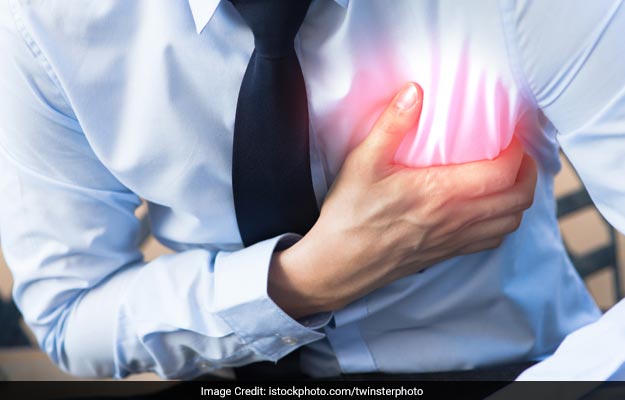Calcium deficiency is known as hypocalcaemia. As you age, your risk of developing hypocalcaemia increases.

Calcium deficiency is known as hypocalcaemia
HIGHLIGHTS
- Calcium deficiency is known as hypocalcaemia
- In children, low calcium levels can interfere with growth
- Calcium deficiencies could affect your eyes and heart
Calcium is essential for your body. It is that vital nutrient which keeps your bones and teeth strong. Not to forget its ability to keep your heart healthy and muscles functioning properly. Now that you know how important vital is for the body, you surely can fathom what its deficiency could do to you. Calcium deficiency is known as hypocalcaemia. As you age, your risk of developing hypocalcaemia increases. Hence, it is important for you to increase your calcium intake with age. Women need to boost their daily calcium intake earlier than men because calcium deficiency is more common in women. Moreover, its risk increases when a woman moves towards menopause. In children, low calcium levels can interfere with growth. The best way to know if you are suffering from hypocalcaemia is to know its symptoms.
Also read: 5 Non-Dairy Foods Rich In Calcium
Here's a list of the 5 most common symptoms of low calcium levels.
1. Muscle spasms/ tingling sensation
Hypocalcaemia starts with some basic symptoms like tingling sensation in the toes, lips, and fingertips. It can later progress to become painful muscle spasms. Another classic sign of low calcium levels is Chvostek's sign. Under this condition, the facial muscles twitch in response to a tapping facial nerve. In some cases, your hands may even assume a completely different posture with extended fingers and flexed wrists.
2. Depression and confusion
A person suffering from hypocalcaemia will show symptoms like confusion, seizures, depression, irritability, psychosis, and changes in personality. Acute calcium deficiency may result in some neurological conditions as well.

Depression is a symptom
Photo Credit: iStock
3. Rough, dry skin and brittle nails
Hypocalcaemia sometimes shows its symptoms in nails and the skin. You may start experiencing a dry and rough skin. However, it is also a symptom of eczema and psoriasis. So don't conclude that you have a calcium deficiency. Nevertheless, it won't hurt to check. You may also experience weak and ridged nails and dry, weak hair.

Brittle nails is a symptom of hypocalcaemia
Photo Credit: iStock
Also read: Here's Your Guide To The Best Sources Of Calcium
4. Poor heart and eye function
Calcium deficiencies could affect your eyes. It could lead to problems like poor vision and cataract. And it does not end here; calcium deficiencies can be potentially harmful to your heart. It could lead to cardiomyopathy and congestive heart failure. However, this can be prevented with calcium supplementation.
 Poor heart function is a symptom
Poor heart function is a symptom5. Frequent bone fractures
Calcium is that element which ensures stronger bones. Hypocalcaemia or low calcium levels usually results in weaker bones. This way you become more susceptible to fractures.
Also read: 6 Shocking Side Effects Of Calcium Supplements You Didn't Know
For treatment, you can take calcium and vitamin D supplements. Vitamin D supplements improve your body's ability to absorb calcium which is why they are recommended with calcium.
Disclaimer: This content including advice provides generic information only. It is in no way a substitute for qualified medical opinion. Always consult a specialist or your own doctor for more information. NDTV does not claim responsibility for this information.
DoctorNDTV is the one stop site for all your health needs providing the most credible health information, health news and tips with expert advice on healthy living, diet plans, informative videos etc. You can get the most relevant and accurate info you need about health problems like diabetes, cancer, pregnancy, HIV and AIDS, weight loss and many other lifestyle diseases. We have a panel of over 350 experts who help us develop content by giving their valuable inputs and bringing to us the latest in the world of healthcare.














